Britain in Bloom: 60 years of bringing communities together
We discover how Britain in Bloom has transformed neighbourhoods across the country.
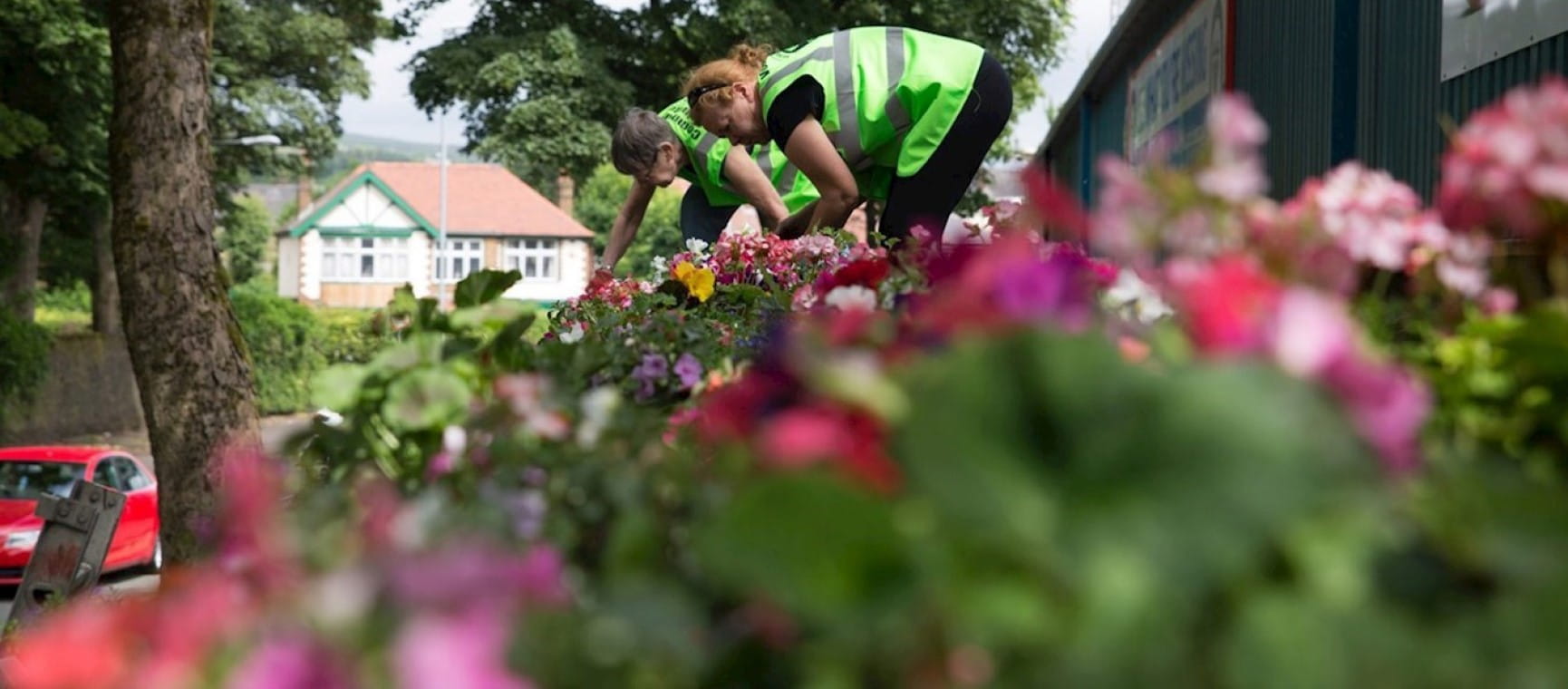
We discover how Britain in Bloom has transformed neighbourhoods across the country.

Standing in front of a camera in a rain shower, talking gardening, remembering your lines and encouraging viewers isn’t an easy task.
Particularly when you’re naturally shy.
But for Bob Russell, horticultural lead at Blooming Inverkip, creating video tutorials is part of the new life he’s built since being diagnosed with chronic epilepsy.
"I had a lot of difficulty with my health and was in a bad space, mentally," he shares. "I was off work, feeling sorry for myself, until I got out in the garden and got the gardening bug. It was literally a lifesaver for me."
Finding a new joy in life through gardening, Bob took the plunge back into education and studied for a Royal Horticultural Society (RHS) qualification in horticulture. This gave him the confidence to lead his local community gardening group, in one of Scotland’s most socially deprived areas, where he could not only share his love of growing but also develop skills in teaching, fundraising – and video.
Community groups are trailblazers, trialling innovative ways to engage their wider communities in the most pressing challenges
His group formed only five years ago but has already made an award-winning garden for key workers. "I just wish I’d found community gardening sooner in life. There’s so much positivity in it – being with people, connecting with nature, making friendships. For me, a community garden is a community first, then it’s a garden."
Inverkip is just one of thousands of communities nationwide taking part in the Britain in Bloom competition, which this year marks its 60th anniversary of promoting neighbourhood pride through gardening.
Originally launched by the tourist board as a challenge to councils to keep their towns tidy, Britain in Bloom is now run by the RHS with a broader brief to encourage community action against climate change and promote the greening of ‘grey Britain’.
And as local councils pull out of tending neighbourhoods to cut costs, thousands of residents across the UK are taking control of neglected land, from street-corner plots and bus stops to town-centre parks.
The results go well beyond litter-picking and planting hanging baskets – projects build neighbourly spirit through the creation of cared-for spaces while improving wellbeing, tackling elderly isolation and health issues.
Kay Clark, who manages community development for the RHS, explains, "Gardening brings people together and enriches lives. Community groups are trailblazers, trialling innovative ways to engage their wider communities in the most pressing challenges."
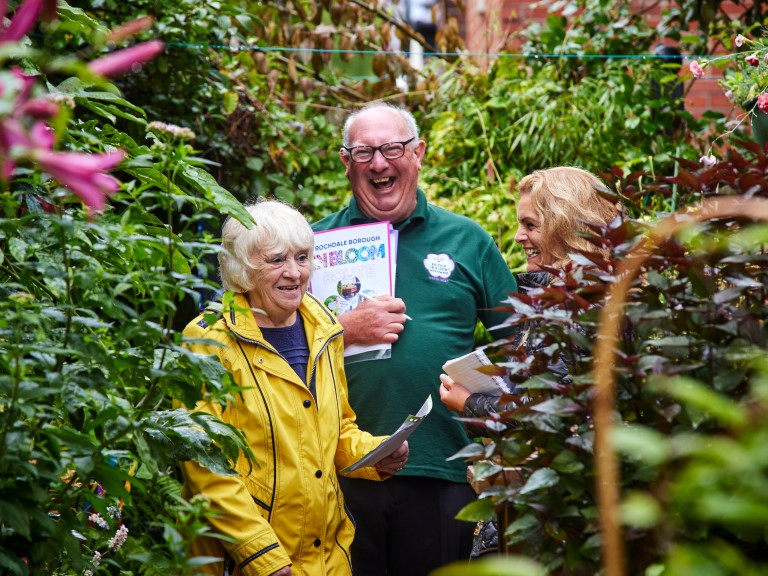
One such example is Rochdale in Greater Manchester.
Having hit the headlines in the past decade over a grooming scandal, success for the town in Britain in Bloom – as gold medallist in 2018, winner of UK’s Best Small City in 2022, and competing for Best Town Centre in 2024 – has been credited with restoring pride to residents.
Roy Down is a school worker by day, but devotes most of his free time as chairman of Rochdale in Bloom to supporting more than 60 community gardening groups locally. He’s seen a huge turnaround in perceptions of the place since the first groups launched in 2008.
"Rochdale is not always easy on the eye, nor had the best of press," he admits. "So, when we won the national competition, it was a breath of fresh air in the media, shifting from a lot of negative headlines to a celebration."
Rochdale in Bloom activities include turning a fly-tipping site into a verdant outdoor learning space, creating a walking route with sensory plants, building a new war memorial and, to brighten the path to their local football stadium, using 8,000 donated plants to make a 7ft-high floral bank, dubbed 'the Wonderwall’.
Roy is particularly proud of the Mosques in Bloom initiative, uniting residents from very different backgrounds through a shared interest in the environment.
Local climate change campaigner Asrar Ul-Haq used tree planting to bring together five Rochdale mosques and the local church with the In Bloom team. This saw hundreds of new trees and flowerbeds planted across the town, and generated interest among other UK mosques to join the campaign.
"Bloom is a vehicle for change," believes Roy. "It has a domino effect, so those living in and around projects get involved too. We got momentum initially through press coverage and social media. Now, it’s friendship and co-operation driving it."
The feel good factor of gardening with others for a common cause, rather than alone at home, coupled with the routine of group sessions, are key to successful community gardens. It’s particularly motivating for older residents to get involved and share their gardening skills and interests – at a time of life when it’s all too easy to feel less valued once beyond our working years.
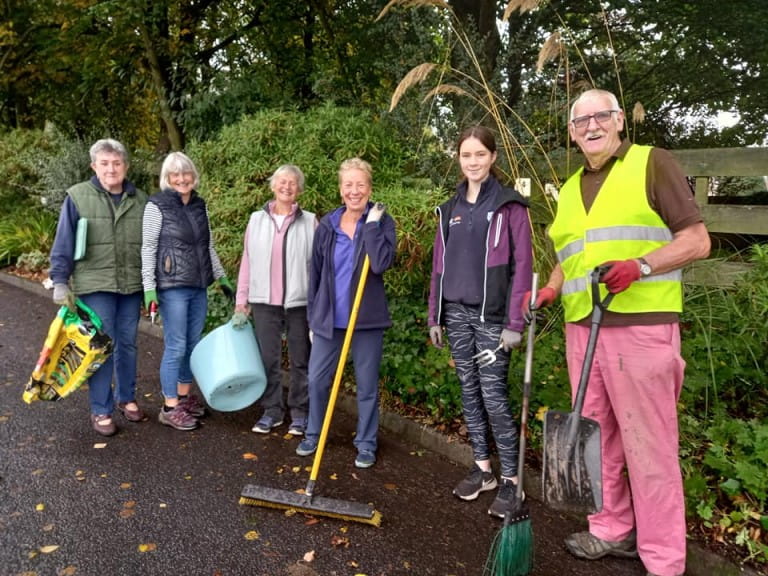
John Nicol retired in 2013 but has never been busier, he admits, thanks to his daily involvement in Kinnesswood in Bloom, a small village group in Perth and Kinross with a huge commitment to schools gardening.
"Every child in the local primary gets a chance to garden, and we get high-school students in the summer term too," he says. "It keeps me active and pretty sharp, as you meet people from all backgrounds."
We’re only gardening, but the effects are magical
Norma Smith joined the same group when retiring to Kinnesswood to be closer to family, and chuckles at the idea of slowing down. "I was a teacher in Shetland, but I spend as long now in schools as ever! It’s great to share the joy of gardening, and working with younger people keeps us young."
Community gardens are also a haven for those facing social exclusion, often with food growing the common bond. At the St Peters Community Wellbeing Project in London’s Bethnal Green, Bangladeshi women facing isolation or language barriers are supported in making friends across the community through growing vegetables familiar in Asian cooking.
On the Rhubarb Farm in Nottinghamshire, ex-offenders learn alongside knowledgeable volunteers – mostly retirees, from whom they pick up gardening and cookery skills.
Both projects were funded by community garden grants from the National Garden Scheme (NGS) and are open to the public, raising not only their profile but also more money for health charities, completing a virtuous cycle.
The rise of community gardens may have been driven by neglect, budget cuts and social problems but the outcomes, says Roy, are transformational.
"The coming together of people to garden is like a tonic," he adds. "We’re only gardening, but the effects are magical. You make new friends and – more important than simply growing plants – you’re helping people and making a change to your community that will last for years. That’s a legacy you can’t easily get any other way."
Find your local Britain in Bloom group.
Apply for an NGS community grant from 9 September-15 November.
Read and discover how to run a community garden in Let’s Plant & Grow Together by Ben Raskin (Leaping Hare, £16.99)
This article appeared in the August 2024 edition of Saga Magazine.
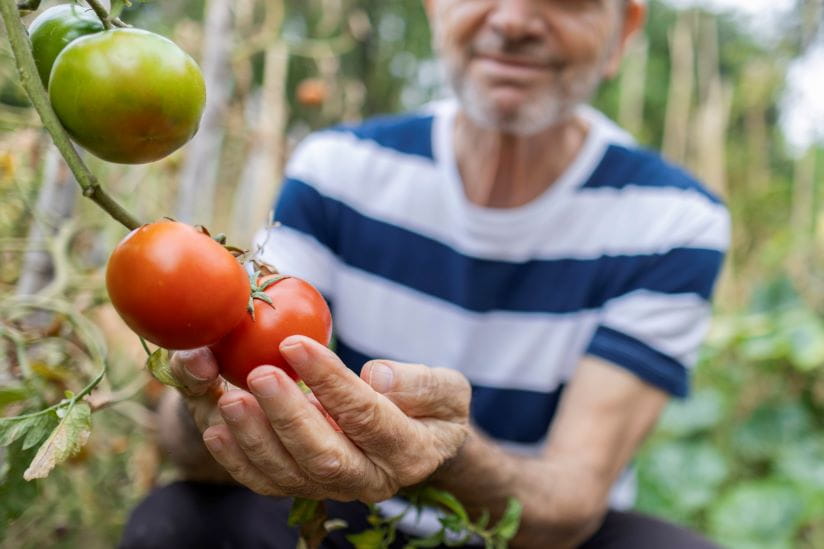
Rekha Mistry shares her top vegetables to grow in your garden all year round.
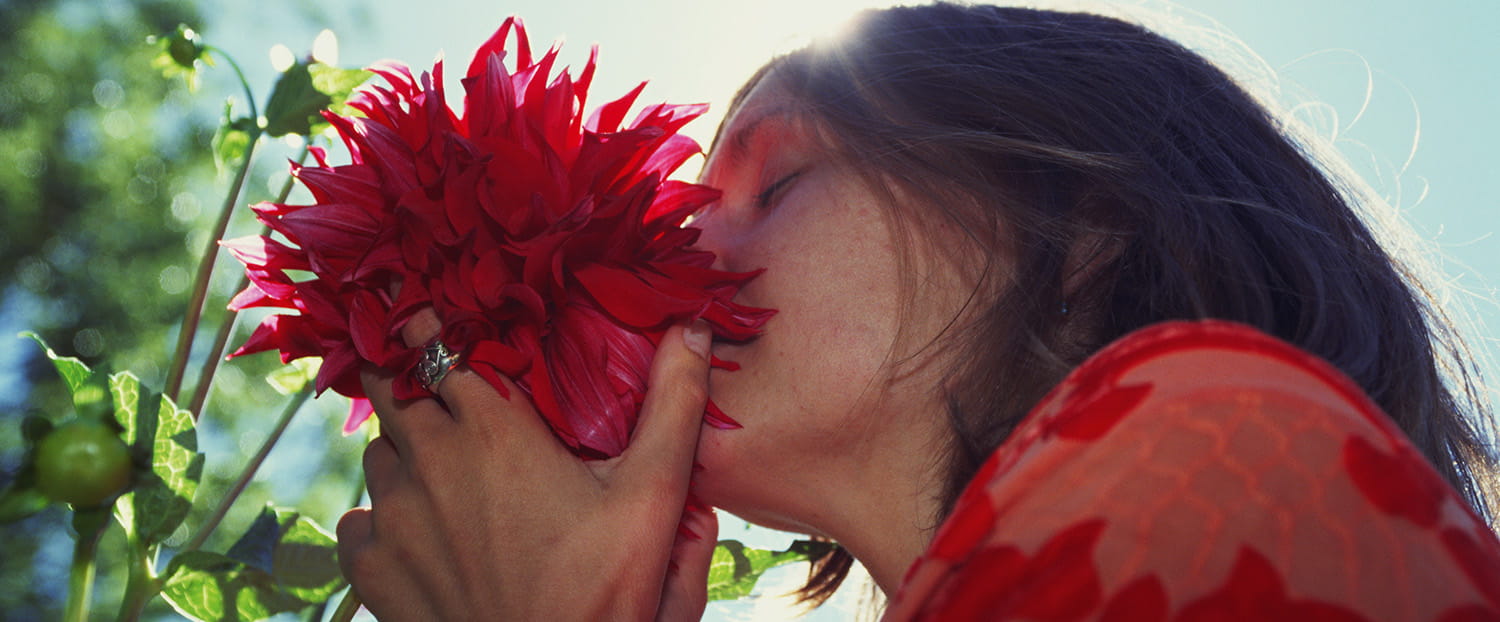
We explain the science and have 7 of the best scented plants for your garden.
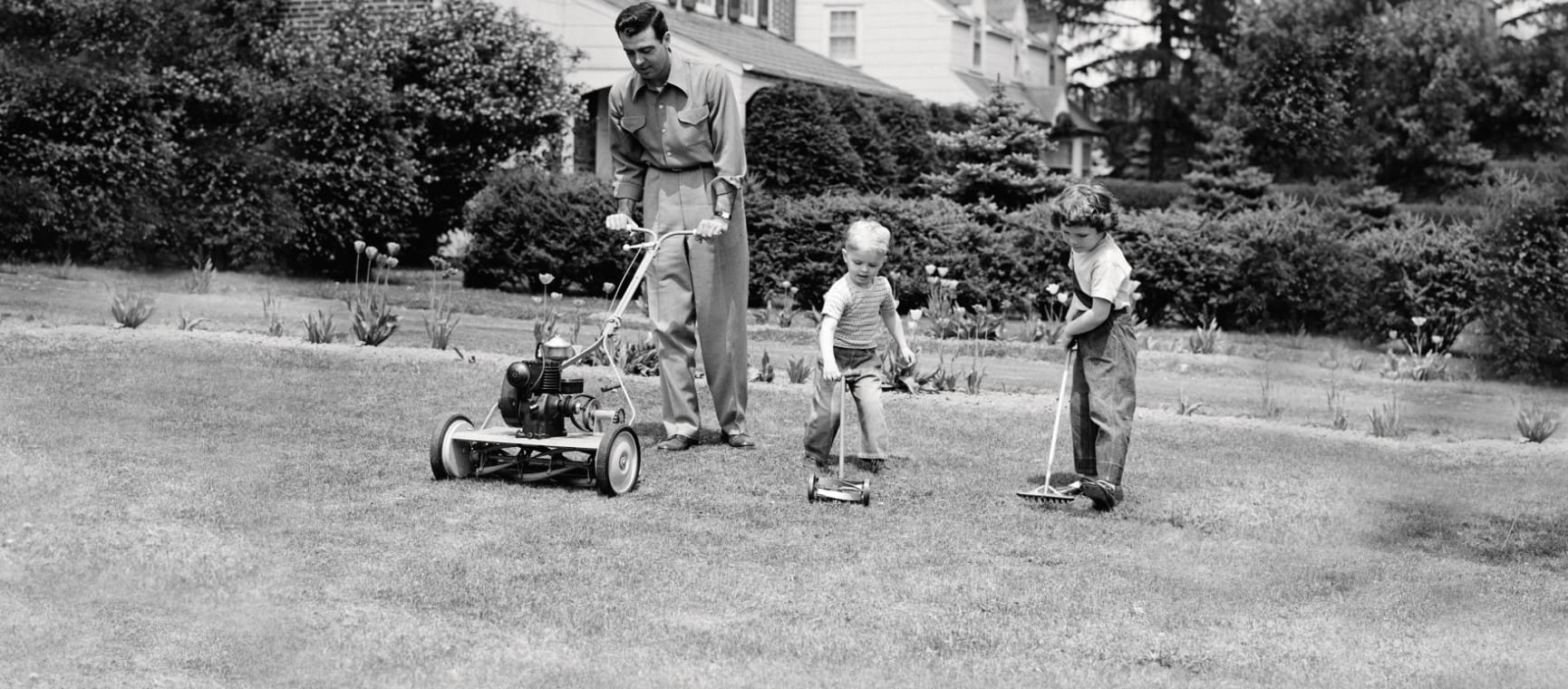
From robot mowers to electric pruning shears, spruce up your outside space with four of the best garden gadgets
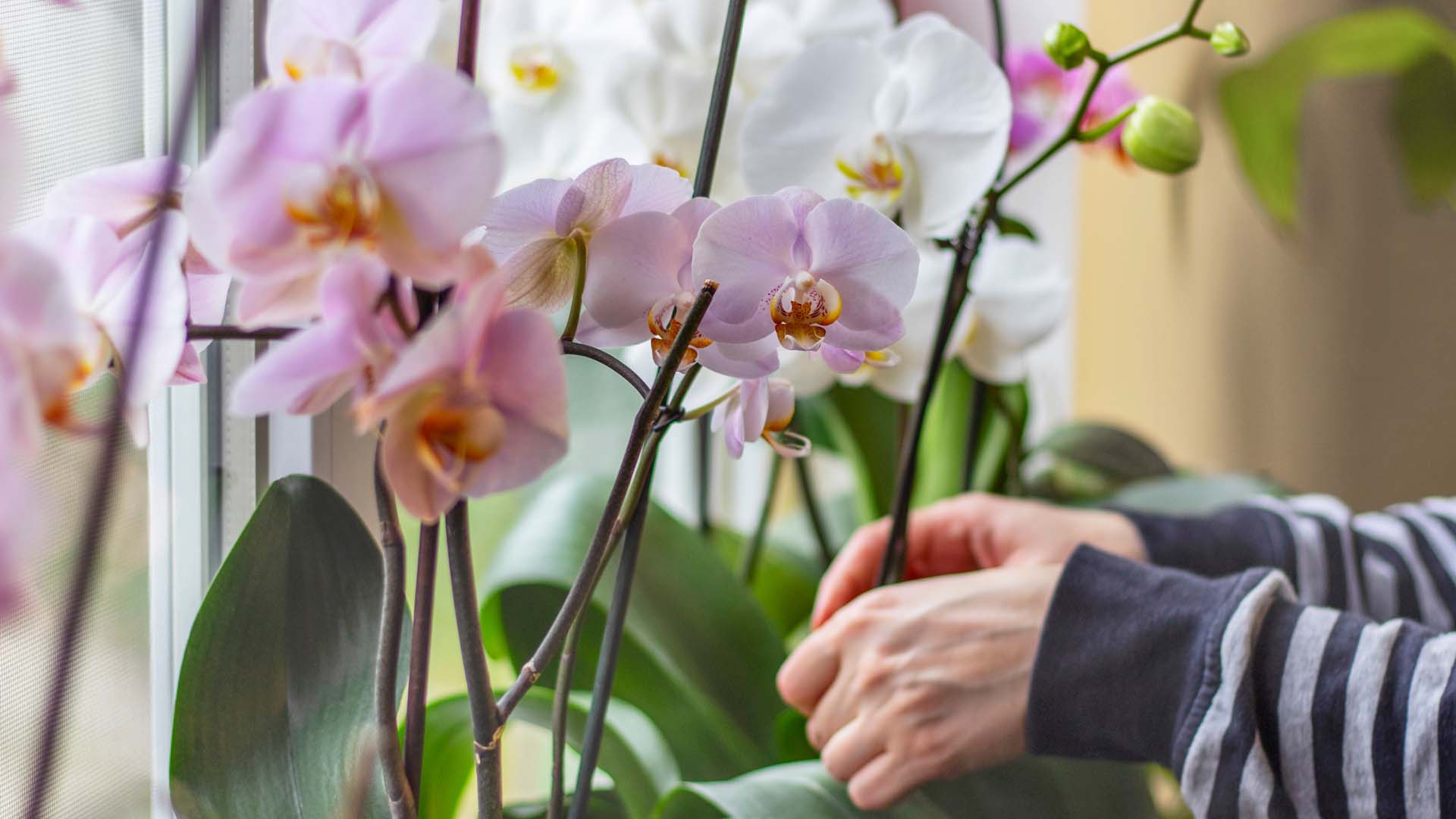
Our expert pruning and watering hacks include a top tip to keep them flowering from Alan Titchmarsh.
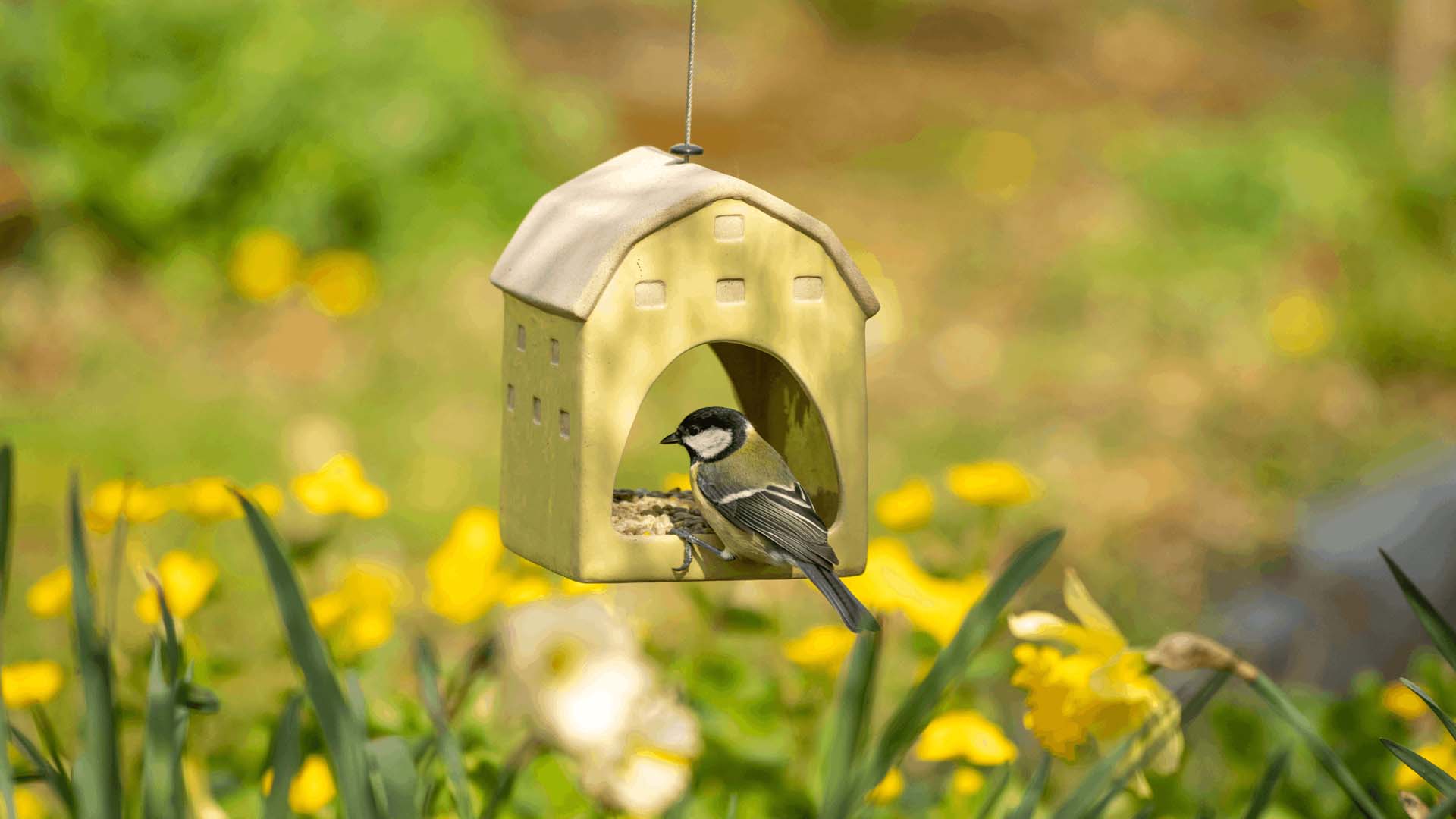
Don’t make these bird-feeding mistakes. Expert advice on how to feed birds in your garden safely.
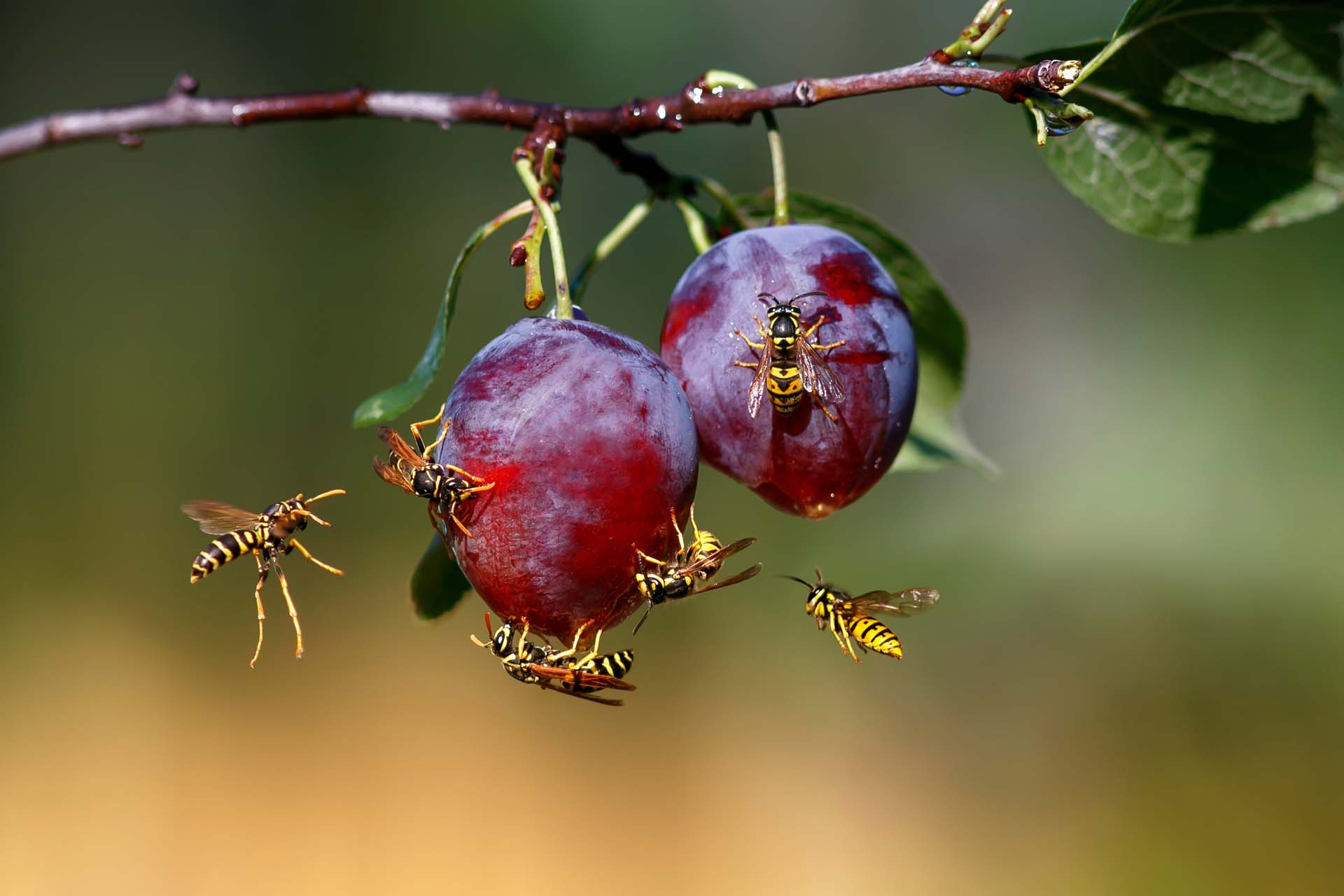
Blighted by buzzing? How to keep wasps out of your garden without harming them so you can enjoy the summer.
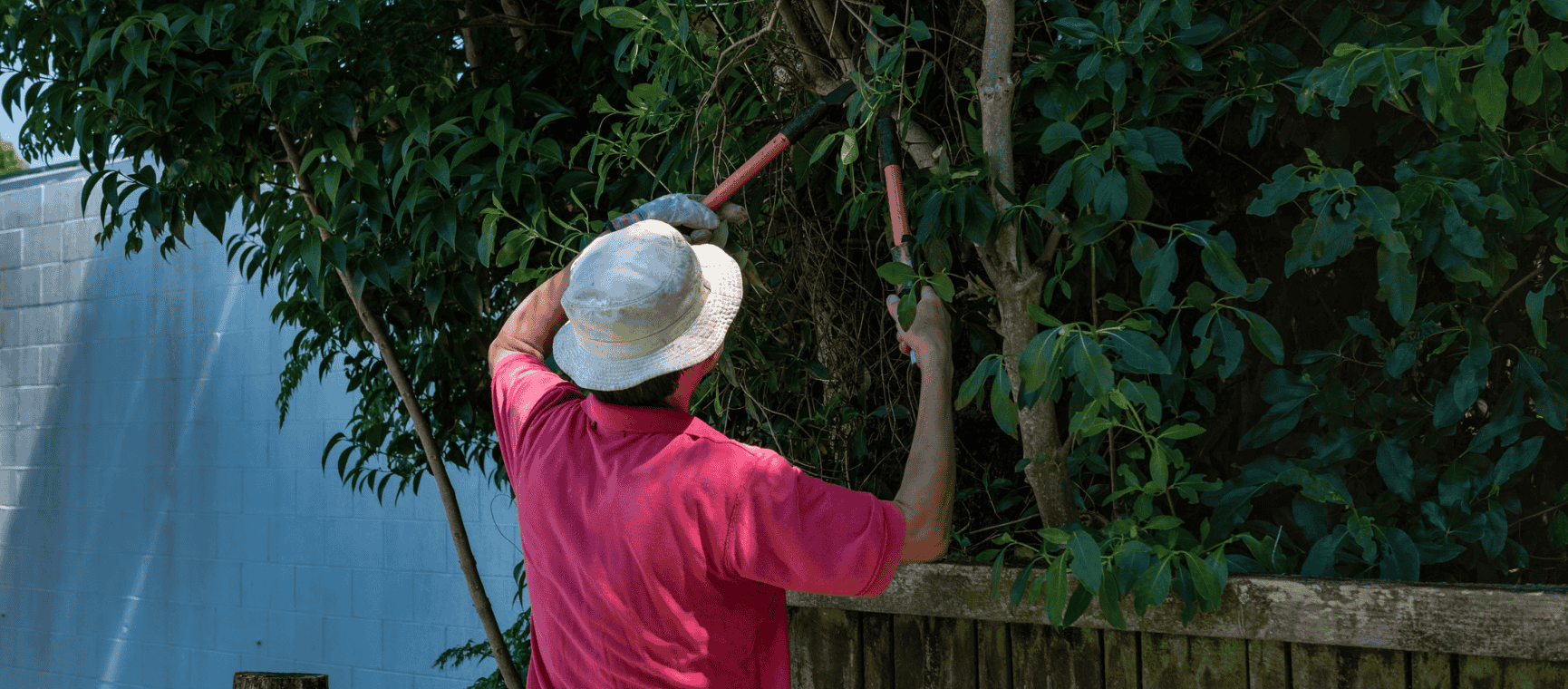
The ways you could be breaking the law in your back garden - with expert advice on how to avoid neighbour disputes, a fine or even a prosecution.

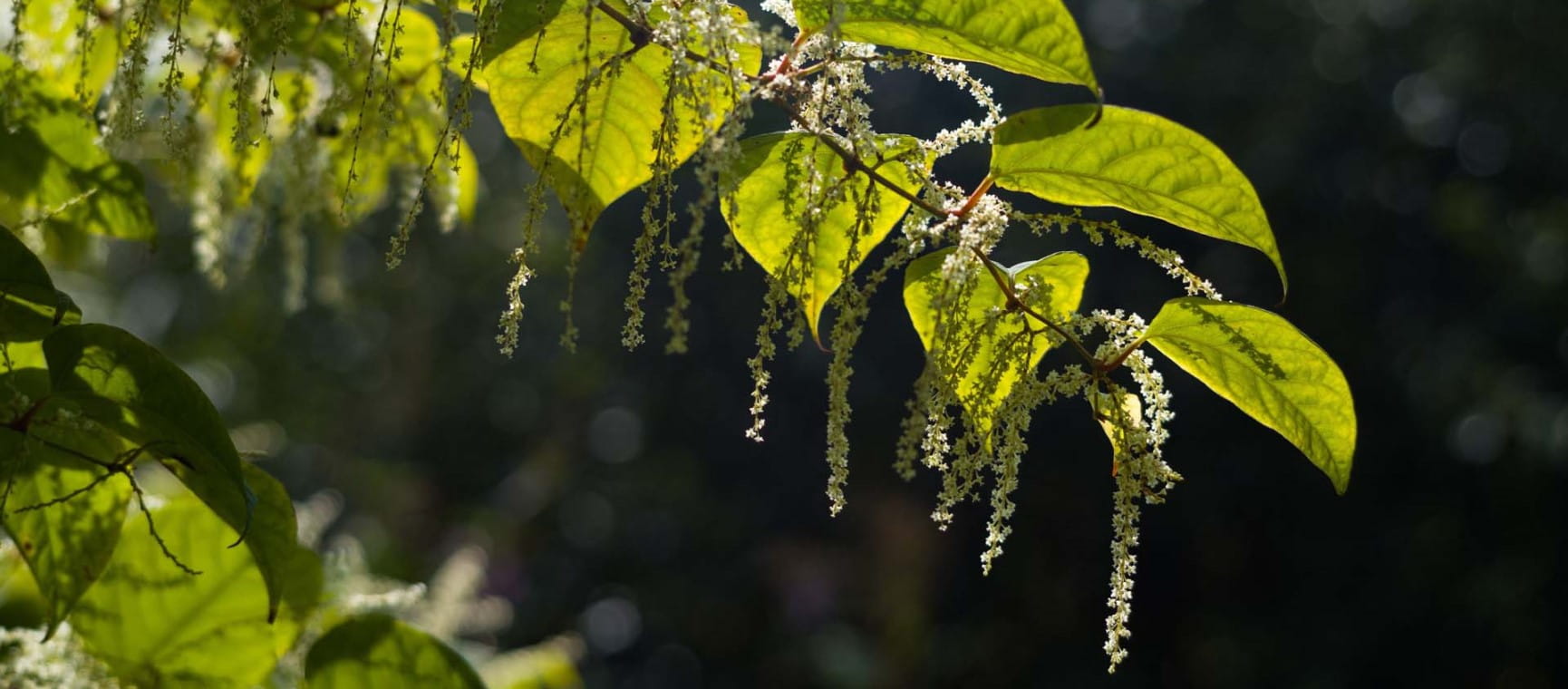
Everything you need to know about Japanese knotweed, the fast-growing plant nobody wants in their garden.